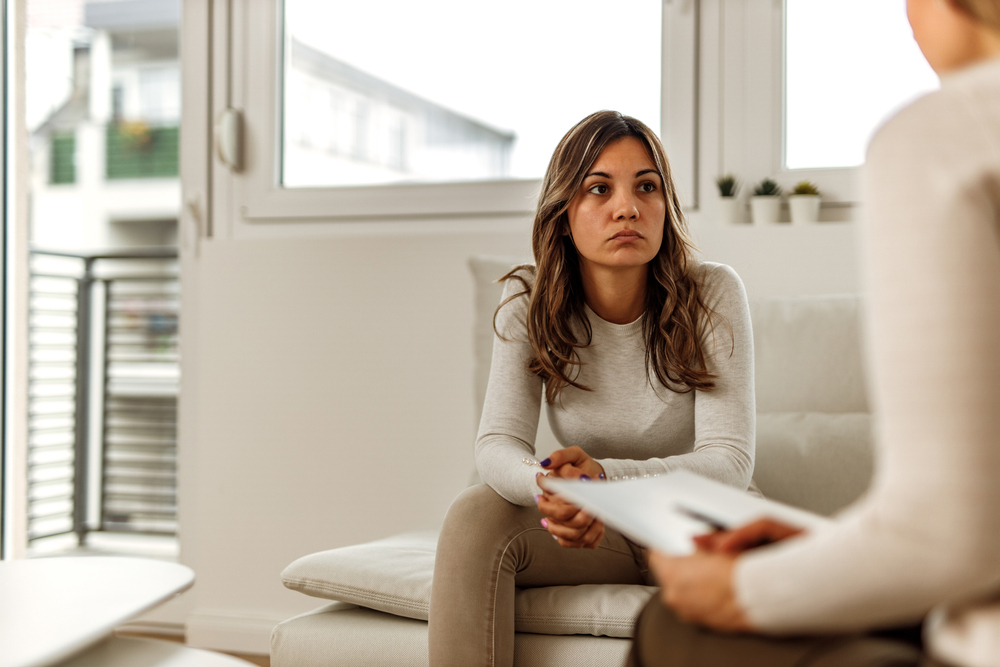Depression is a form of mental illness that can prevent people from living healthy, fulfilling lives. People with depression have persistent feelings of hopelessness and sadness that interfere with their enjoyment of typical daily activities. Without treatment, clinical depression will get worse over time, potentially leading to issues like self-harm and suicidal ideation.
Do You Have Clinical Depression?
The DSM-5 has identified the following clinical depression symptoms. A doctor can diagnose you with depression if these issues cause you marked distress or impaired functioning that prevents you from living your life to the fullest.
- Depressed mood most of the day, nearly every day
- Significantly reduced interest or enjoyment in almost all activities
- Changes in appetite or sleeping patterns
- Difficulty concentrating or making decisions
- Daily fatigue or lethargy
- Persistent feelings of worthlessness or guilt
- Recurring thoughts of death or suicide
Depression vs. Sadness
Everyone gets the blues now and then, but the difference between ordinary sadness and clinical depression is that depressed people lose the ability to feel pleasure, even when doing previously enjoyable activities. If you’re depressed, you can’t cheer up or snap out of it, and the resulting changes in your mood leach the joy out of life.
Depression also differs from sadness in that it drains your energy and motivation. You may get overwhelmed by the idea of doing simple daily tasks like washing your face and getting dressed. People living with depression struggle with the ongoing weight of guilt and negativity that can change their personality and ability to carry out their responsibilities.
What Causes Depression?
Like other mental illnesses, depression arises from a complex combination of factors.
- Brain chemistry: Some evidence indicates that depressed people’s brains have differences in chemical balance and activity.
- Stress: Chronic stress impacts your overall health in many ways by triggering the release of hormones that can cause depression.
- Genetics: If mental health challenges run in your family, you are likely more susceptible to developing depression.
- Adverse childhood experiences: Going through things like trauma, neglect, abuse or parental abandonment early in life can lead to depression in adulthood.
- Medical issues: Depression often co-occurs with conditions like diabetes, cancer and chronic pain.
- Substance use: Some depressed people attempt to self-medicate with drugs and alcohol. While these may bring temporary relief from your symptoms, substance use will eventually make depression worse and can lead to the development of a dual diagnosis.
Ways to Treat Depression
Though there is no cure for depression, this disorder is treatable. For example, after diagnosing you with depression, your doctor may prescribe you an antidepressant like Zoloft and refer you to a therapist. In therapy, you can begin addressing the negative and unhealthy thought patterns underlying your depression and work on improving your relationships with others.
Mindfulness meditation, exercise, yoga and spending more time outside are also proven ways to combat depression symptoms, especially in combination with evidence-based approaches like cognitive behavioral therapy.
Ask for Help Today
Hope By The Sea is one of California’s leading addiction treatment centers. At our family-owned facility, we address substance use disorders and co-occurring mental health issues for men, women, young adults, executives, Christians, families and older adults. To request help and receive a customized plan for your recovery, connect with us today.

